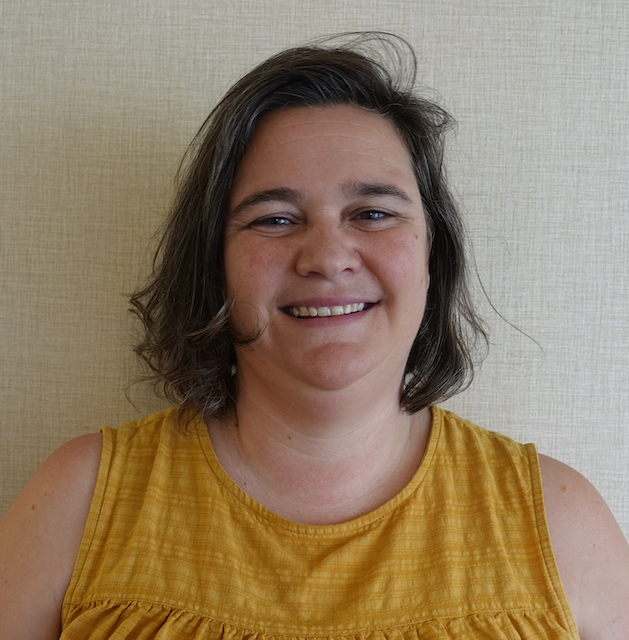Equipping Professionals to Serve Students Equitably and Effectively
Neurodiversity & Inclusion Certificate
Program Description
Designed for teachers, administrators, and all other professionals whose work impacts students within and outside of schools, the VT-HEC Neurodiversity & Inclusion program aims to support participants in shifting their own professional practice to become increasingly neurodiversity-affirming. While the previous program focused primarily on autism, the current course sequence has broadened in scope to consider all neurodivergent identities, including ADHD, Dyslexia, and other learning and thinking differences.
Participants who complete the program’s full course sequence will receive a graduate certificate in Neurodiversity and Inclusion and will leave with a robust set of skills in high-impact areas, such as implementing Universal Design for Learning; ethically, equitably and effectively guiding behavior; and providing appropriate supports around executive function and regulation.
Program graduates will be prepared to share their knowledge with colleagues and help lead the work of their districts in this important area.
Why Neurodiversity?
In the Neurodiversity Paradigm, the varied ways in which people experience, process, and navigate the world are viewed as a source of strength and acknowledged for the richness they add to our communities, both within schools and beyond. Embracing this perspective allows professionals to more effectively meet the learning needs of all students while adopting strategies that support agency, autonomy, and growth in the context of genuine inclusion.
Application and Program Requirements
Enrollment in the full certificate program requires a Bachelor’s Degree and submission of a letter of intent to the program director.
If you have questions or would like to learn more, please contact the program director, Hannah Markos at [email protected].
Program Timeline + Course Descriptions
Professionals can take the program at the pace that works best for them. Most participants take one course per semester, with core courses typically offered in spring and fall and electives available in summer. The program can be completed in 2- 3 years or more, depending on the participant’s individual pace.
Some of the courses and workshops offered through the NDI program may be taken by any interested participant as a stand-alone experience.
This program is designed with the working professional in mind. Many of the courses are workshop based, with strong emphasis on field work and application of concepts. Most courses are offered online and include synchronous meetings and substantial feedback and support, while offering the flexibility of asynchronous work. Although future courses may include an in-person component, all courses will offer an online-only option to limit barriers to participation as much as possible.
Core Courses
Must take all five to earn the certificate.
Elective Courses
Must take at least one to earn the certificate.
Electives allow participants to further tailor the program to address their specific professional needs and interest areas. These courses cover a wide range of topics viewed through a neurodiversity lens. Possible courses include:
GUIDING YOU WITH EXPERTISE
Course Instructors
-

Molly Bumpas
-

Hannah Bloom, MOTR/L
-

Leah Sophrin, M.S., CCC-SLP
Upcoming Offerings
-

Understanding and Supporting Individual Learning Needs (Course)
October 19,
2024
|
8:30 am
